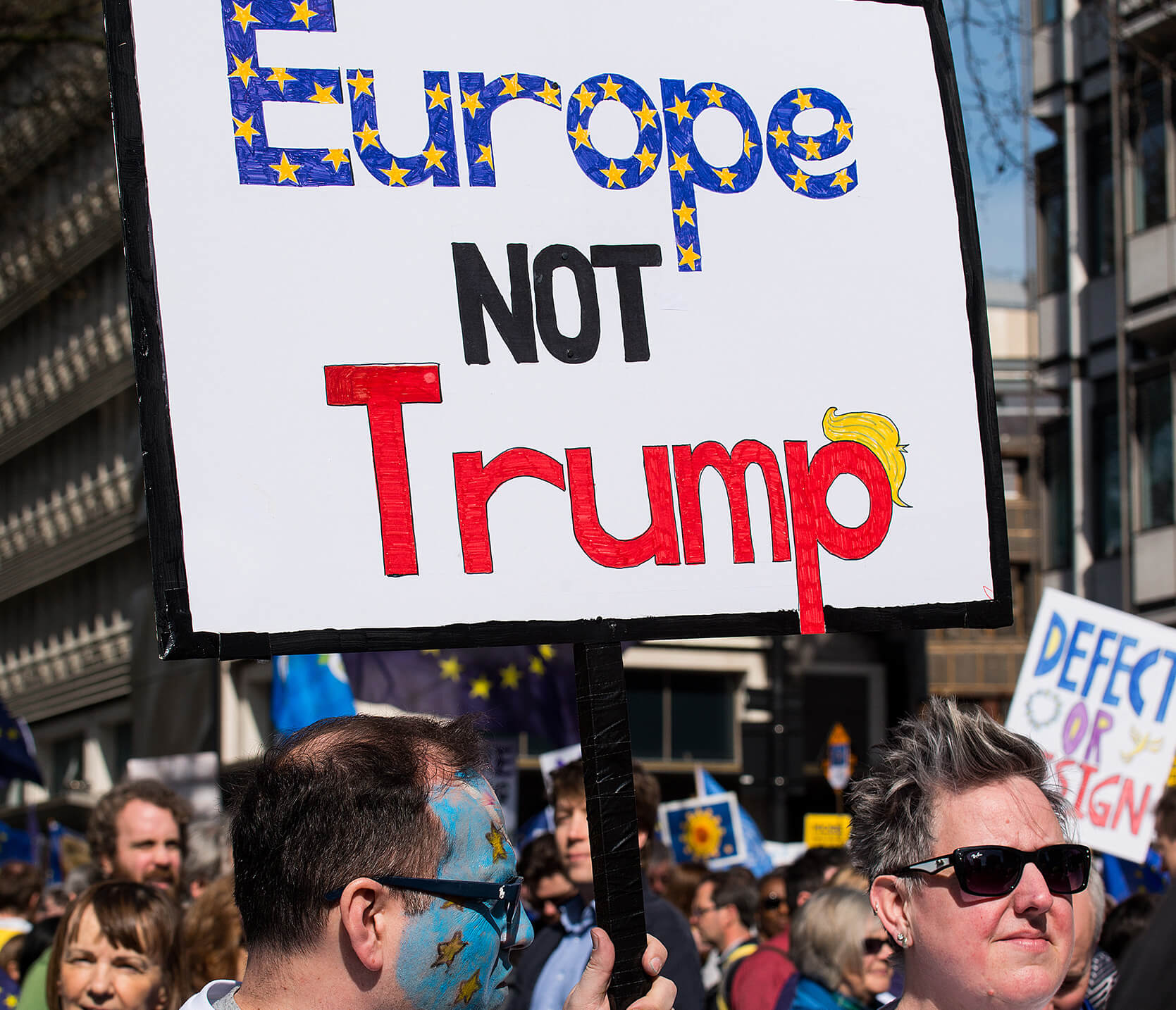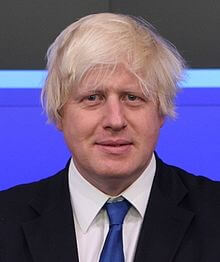HELSINKI — The love affairs between nations have some of the same dynamics as those between people: When they are sundered, they do not return to where they were before one of the partners betrayed the other. Trust, once lost, is not easily restored and when it is, it is changed; it is less complete, more suspicious.
That change, that loss of trust, was on display the week of the Group of 20 summit in Hamburg, Germany, and President Trump’s second trip to Europe. It was not restored, the doubts not assuaged by the clumsy speech Trump delivered in Poland. His speechwriter got Poland’s historical role in Europe right, but he did not get its controversial authoritarian role today right at all.
It was the wrong place for that speech; a wrong reading of the crisis in Europe today. It is not only a crisis about its survivability, but also a crisis about its relationship with the United States; what has happened to the United States, where is it going and can it be trusted?
We have lost much of the trust of our friends and allies and we have done so by our own hand. This has been greeted by those who wish us harm with a kind of diplomatic smirk.
American steadfastness in the world, once as solid as the Rockies, has crumbled; it has been traded away for a kind of desire to shock. We have abandoned friends tested by time not because we should but because we could.
The trashing of the Trans-Pacific Partnership was the first act of infidelity in the steady betrayal of allies. To the 11 other potential signatories, it was a simple statement: America does not care anymore. Its abandonment also diminished U.S. leadership in Asia. The result: a distrust of our consistency that will not easily be restored, and a vacuum waiting for China to fill.
After the communist triumph, Henry Luce, the proprietor of Time Inc., bellowed, “Who lost China?” Today’s question: “Who is empowering China?”
In Europe, the Trump administration has strung together a series of small offenses and insults, calculated to exacerbate not to heal. Trump has chosen to be the enfant terrible of the West. Why, oh why?
Every U.S. administration since Eisenhower has supported the integration of Europe. Bit by bit, as Europe struggled to become something bigger than the sum of its parts, the United States has been its cheerleader — even when it was feared (wrongly) that a kind of Fortress Europe might result from integration.
Along comes Trump like a loud reveler in a funny hat, outdoing European fears about The Ugly American.
Trump has ruffled European feathers in all the ways imaginable, from his initial refusal to assert that the United States would honor NATO’s Article 5 and come to the aid of members if attacked.
Trump’s renunciation of the Paris climate accord stung Europe. But so too did his endorsement of Britain’s vote to leave the European Union and his cozying up to Nigel Farage, the British nationalist, and Marine Le Pen, the French anti-EU politician. These things rankle, so why do them?
This week in Europe, I found a resignation about Trump. People who, when I last visited or spoke to them, were expressing deep concern are now shrugging and considering the president as a dancing bear, amusing and dangerous. Europe, they tell me, is looking at a new uncertain future, but one that depends less on U.S. leadership than it has at any time since 1945.
An inadvertent gift may be that Trump has forced Europe to look again to itself and to what is right about its union: Its dream of being a bulwark against future internecine wars, with or without U.S. backing. And, of course, the “shared values” that Trump trotted out de rigueur in Warsaw.
Europe is shrinking in size with Britain’s exit and the United States is shrinking in world influence with Trump’s ascent.
Dark shadows are passing over the Western alliance and the liberal values it has promoted like free trade, human rights and accessible justice — long the best hope of the world.
Trump’s Polish speech has not reassured.
Photo: London, UK. 25th March 2017. EDITORIAL – Thousands gather for the UNITE FOR EUROPE rally, through central London, in protest against the British governments’ BREXIT from the European Union.





